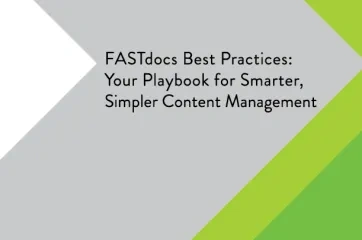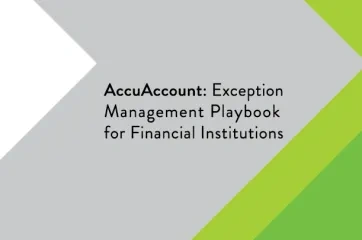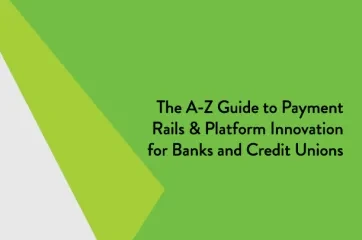Collateral inspection is a process performed by financial institutions to confirm the value of the collateral used as security in loans. In the event of default, such assets would become the bank or credit union’s property to liquidate and at least partially regain its investment. Collateral inspection is quite a widespread practice, as most loans are backed by collateral of some type.
Common Collateral Inspection Situations
Loans that require collateral inspection tend to be new construction projects and commercial loans.
For example, when a consumer builds a new house, money is usually disbursed at certain building milestones. An inspection may occur at various stages to ensure that the construction plan is coming to fruition. No bank or credit union wants to have 100% of funding out while only 70% of the work on a house is done. (Note: Mortgages on existing homes, auto loans, and other consumer loans do not typically require ongoing collateral monitoring due to the nature of the loans.)
On the ag side, ranchers often use cattle as their collateral. In this situation, a lender or dedicated collateral inspector may actually go onsite to count the herd and confirm prior assumptions. Other commercial businesses, such as car dealerships, are commonly required to have their inventory checked so their lenders can confirm that proceeds are being put toward floor financing.
Because of the time investment required, some banks and credit unions find it more efficient to outsource their collateral inspections rather than handling them internally.
How Frequently Do Collateral Inspections Occur?
The frequency of collateral inspections varies from institution to institution and loan to loan. Typically, this will be spelled out in the Covenant section of a loan, which states what will be inspected (and how often).
For example, an agricultural loan may call for a quarterly inspection of a farmer’s crops, while a manufacturer’s inventory might be reviewed every six months. A new home construction might receive an inspection once the footer has been dug and the roof is installed.
Regardless, the aim is that the lender is completing the inspection to protect the financial institution (and the customer or member) from discrepancies between the claimed worth of the collateral and its actual value—either in error or knowingly.
Additional Resources
For more information about collateral tracking and management, be sure to check out our extensive resource library with free document tracking spreadsheets, whitepapers, and eBooks.
Looking for more banking definitions? Check out our banking definitions page.







